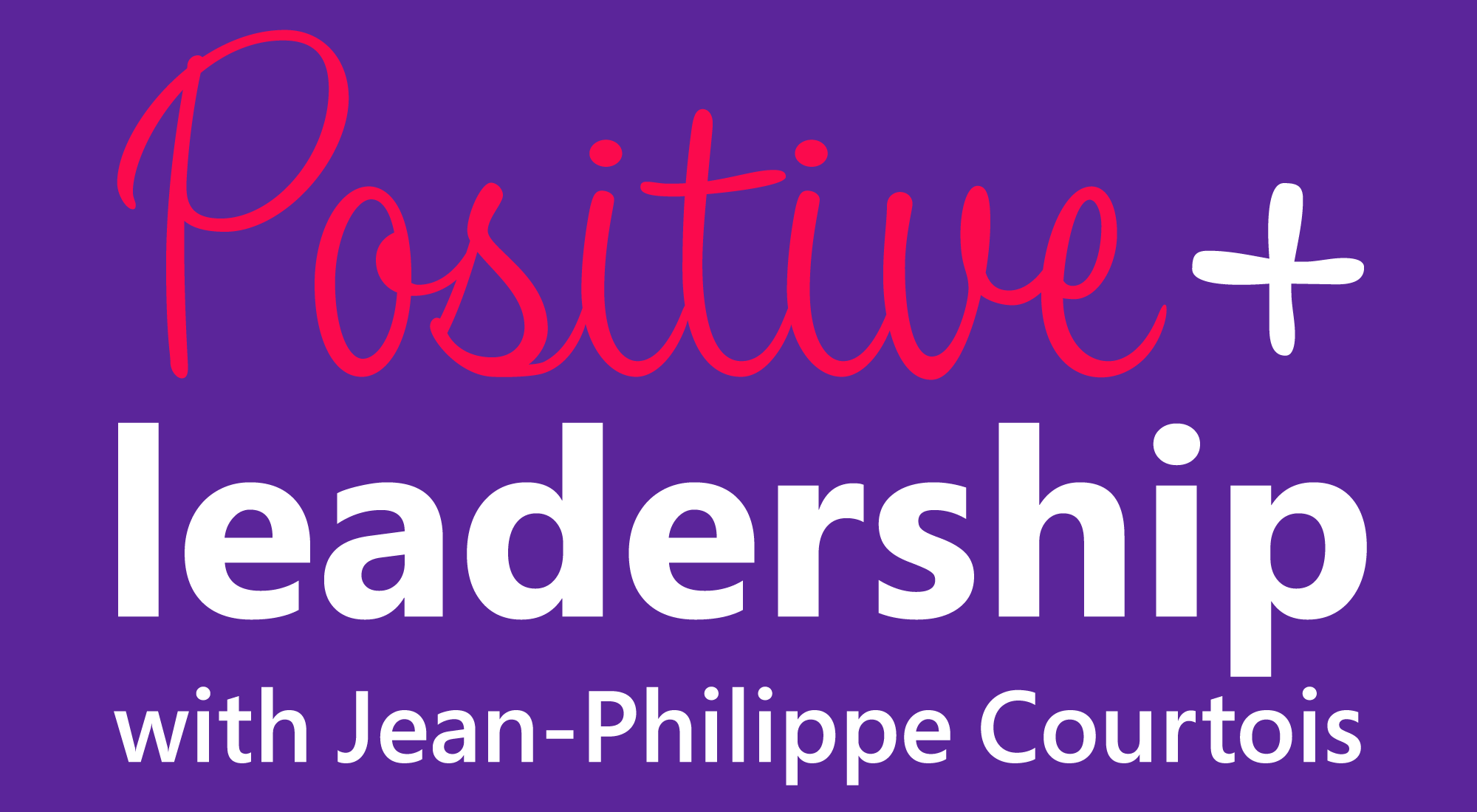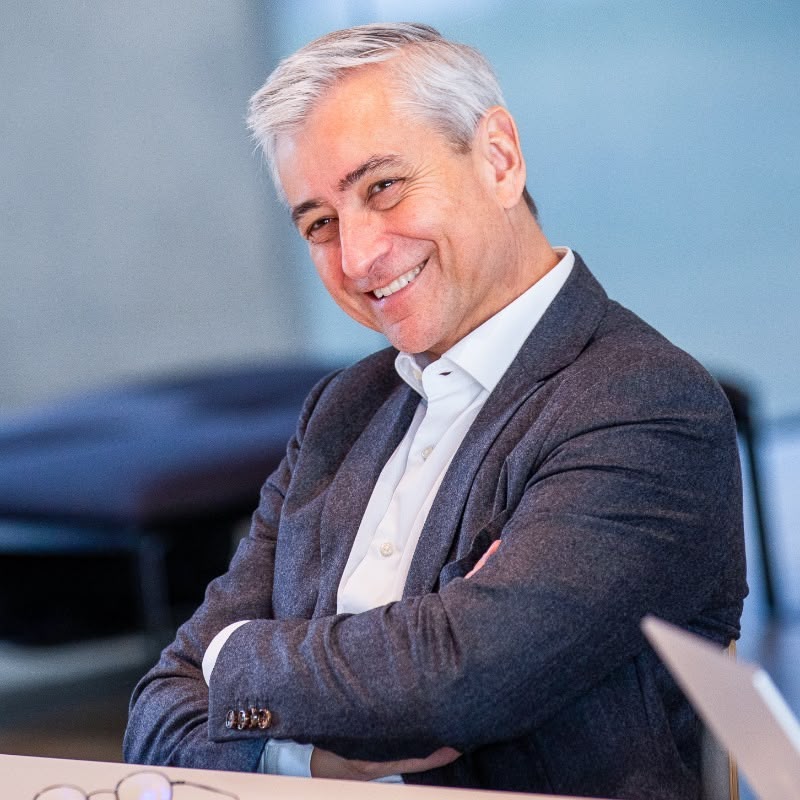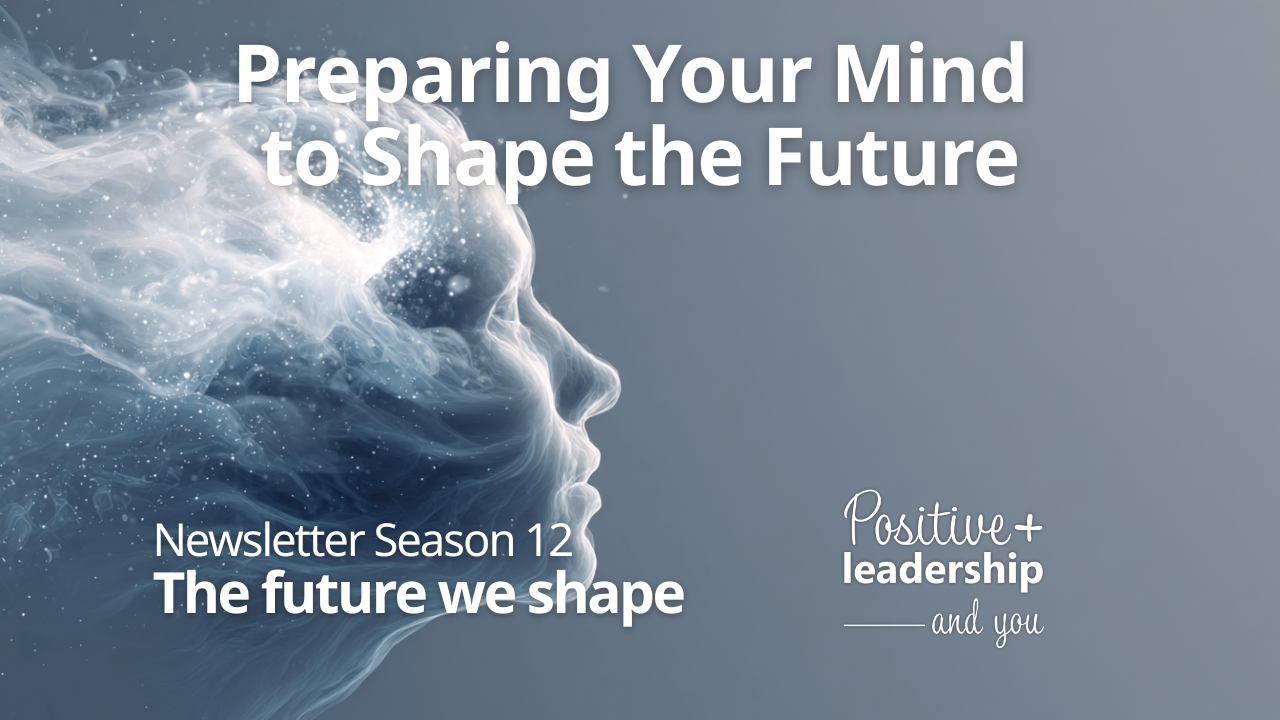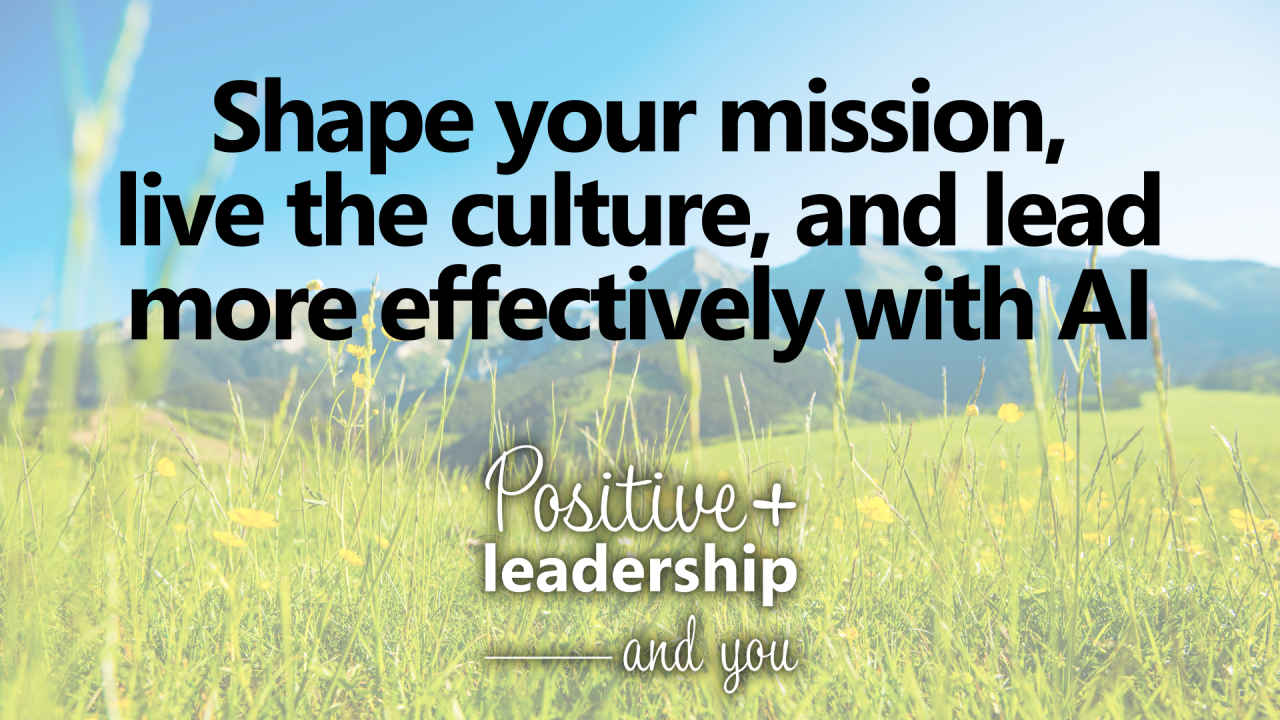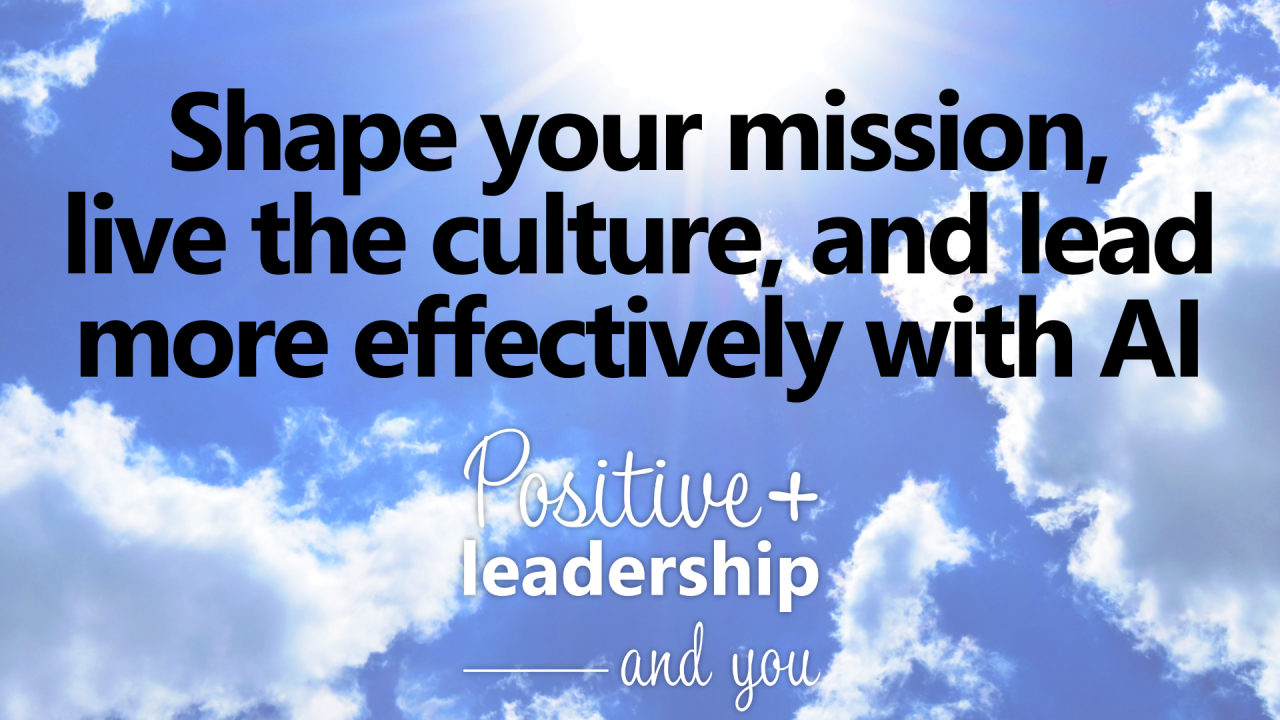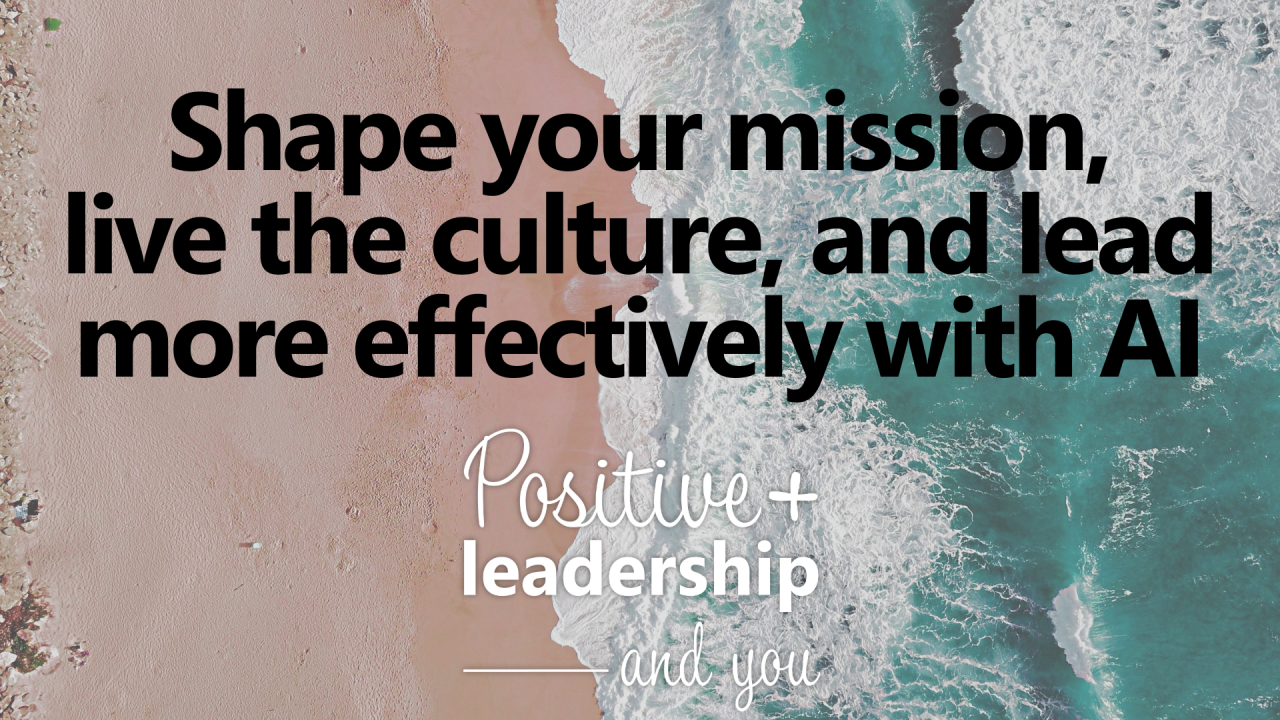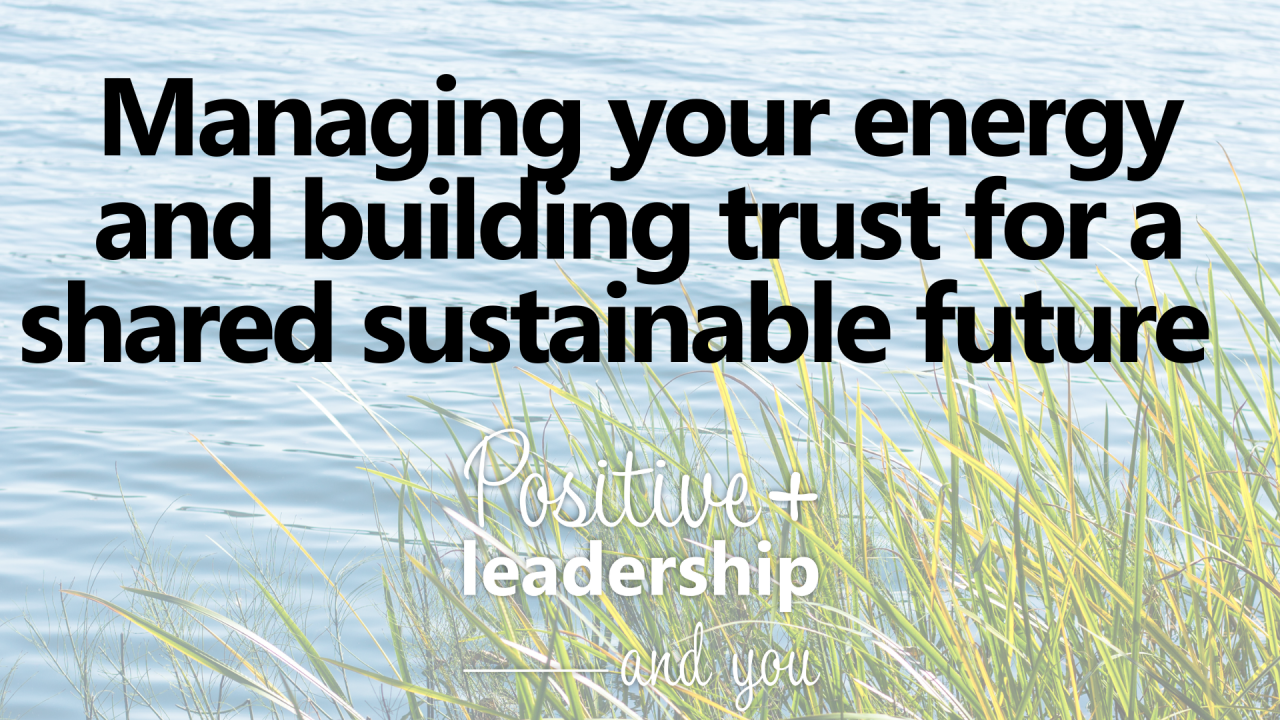26 Jul 23
How positive leadership can build courage

Welcome to the latest edition of Positive Leadership and You.
This month, we consider courage: how we can find it within ourselves, what it takes to become more courageous with others and why we need it to change the world.
Me: Focusing on our personal growth, wellbeing and being positive
We all need courage when we are in difficult situations - when we are scared or stressed, or in danger. It takes courage for all of us to acknowledge the challenges and inequalities in the world and to choose to stand for something, to make a difference.
But it also takes courage to step out of your comfort zone at work, to do things that you have not done before and yes, to risk failure.
We all have the potential to be courageous, but as Harvard Business School professor Bill George once said to me,
“Courage is a subject that’s not well understood.” It is learnt, he says, “through dint of challenging experiences, and then having the courage to be who you are and stand for something. That’s very close to how you shape your values.”
Courage is not the absence of fear. It’s about facing your fears.
And it’s something my latest podcast guest, Douglas Conant , former CEO of The Campbell's Company and Founder and CEO of ConantLeadership , learned early in his career.
A natural introvert, Doug found public speaking challenging and remembers freezing completely the first time he gave a speech at the Kellogg School of Management. He quickly realized that
“it’s hard to have the courage of your convictions, if you don’t know what your convictions are… With a deep abiding knowledge of a subject, I had the courage to speak up.”
Doug’s experience resonated with me as I used to be very shy. Like Doug, my journey has been about deepening my knowledge of a topic, being able to develop convictions from that knowledge, aligning that with my core values and then being able to act.
Whitney Johnson , in her best-selling book ‘Disrupt Yourself’, uses the analogy of David and Goliath. To find the courage to defeat your own Goliath, she says that you need “tools in your backpack”. It starts with taking the right kind of risks, one that’s calculated and asks you to be honest: do you really want this? Change requires you to really explore who you are and understand what you are capable of. This is about being curious – a trait which I really love – but it’s also about embracing your constraints and learning from failure, in order to move forwards. This can feel counter-intuitive but this courageous approach is critical to progress.
Learn more about each step by listening to my conversation with Whitney here:
Article Embed ContentAnd you can catch up with my podcast with Doug here:
Article Embed ContentMe & Others: Connecting with and empowering others to achieve more
Whether you are leading a team, a company, or a community group, courage is something that will ultimately help you to have a positive impact. You may think this is about the courage to take tough decisions and yes, sometimes you need to do that.
Recommended by LinkedIn
As a leader, you also need to find the courage to face up to when things go wrong. This can be hard. Especially if you have a track record of success, of making the right calls. Then, it’s not so easy to admit that things are off-track. That maybe you, personally, got it wrong. This is why it is so important to be open and humble with the people by your side. But this is all part of a growth mindset – an openness to learn, rather than to know it all. We only progress when we have the courage to try difficult things and sometimes, to fail, then to learn and try again.
This is closely connected to another way you can show courage as a leader: the courage to step back and empower other people. It can be very easy for a leader to assume a ‘command and control’ style. You might tell yourself: what can go wrong if I am across everything? But if you lead this way, you will struggle to inspire, retain, or grow talented people.
Learning to be more courageous and humble in your relationship with others is something that I have experienced in my personal leadership journey, which I had the opportunity to share with my friend and coach 📚Michael Bungay Stanier (MBS) for a special anniversary edition of the Positive Leadership podcast. In this episode, MBS turns the tables and interviews me. I hope you enjoy it.
Listen to my conversation with MBS here:
Article Embed ContentMe & the World: Having a positive impact on the world
I began this newsletter with a quote from Nelson Mandela, whose courage was immense. And I am sure all of you can think of inspirational people who have driven positive change.
Not all of us will change the world, but we can all, with a little courage, stand up for the things that matter to us and our loved ones.
I am fortunate to see firsthand, as the executive sponsor of Microsoft’s Entrepreneurship for Positive Impact initiative, so many purpose-driven leaders making the courageous decision to have a net positive impact on the world.
This is something that positive impact entrepreneurs, Dr.Sara Saeed Khurram and Dr. Iffat Zafar Aga , so powerfully embody. They are the co-founders of Sehat Kahani , a telemedicine company that uses technology to enable Pakistan’s female doctors to return to work.
“Pakistan has around 245,000 licensed qualified physicians. Yet around 80% of these are women – only 44% of them come back to work. As a result, we see that more than 50% of the Pakistani population lacks access to quality healthcare. Unfortunately, due to socio-cultural pressures, a lot of female doctors don’t work after marriage.” - Dr. Zafar
It requires courage and imagination to see the opportunity in this situation and to use it to create a business that has positive impact on so many people’s lives.
Article Embed ContentSehat Kahani is just one of more than 900 enterprises supported by the initiative who are defined by the courage to serve a world that, as former Unilever CEO and co-founder of Imagine, Paul Polman said to me, “has overshot its planetary boundaries by such a magnitude, less bad is simply not good enough anymore”.
You can hear more about Paul’s thoughts on courageous leadership here:
Article Embed ContentI hope the stories and the podcasts I have shared with you, have given you the tools and the inspiration to use your own courage to make a difference. Together, we can change things for the better.
See you soon.
jp
